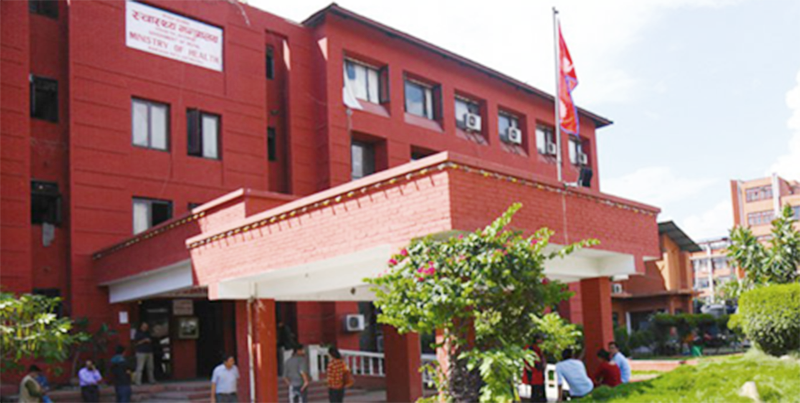PCR tests of all quarantined persons fraught with problems
Kathmandu, June 2
The Ministry of Health and Population said that implementing the Supreme Court’s order to conduct tests for coronavirus on all quarantined persons across the country using polymerase chain reaction method was a daunting task.
Earlier, the Supreme Court had issued an order to the government to conduct PCR tests on all people staying in quarantine facilities across the country.
“It is a challenging job for us to implement the order of the Supreme Court. There are some technical difficulties in conducting tests of all those staying in quarantine centres,” said Dr Samir Kumar Adhikari, assistant spokesperson for the Ministry of Health and Population.
A total of 145,375 people are staying in quarantine centres across the country. The government has conducted 75,343 tests using PCR method since testing began in the country in January.
“We have limited resources for conducting PCR tests.
There are limited number of testing kits and equipment such as reagents necessary for PCR test, viral transport media and RNA extraction kits for conducting the tests. There are limited number of human resources for collecting samples and conducting the tests in laboratories. The capacity of our laboratories is also not enhanced enough to conduct tests on all people staying in quarantine,” said Dr Adhikari.
The government has been conducting about 2,300 PCR tests on a daily basis in 20 laboratories across the country.
“A large number of samples are already in queue for tests in laboratories across the country.
Also, the number of people returning to the country from India is increasing every day,” added Dr Adhikari.
As a large number of samples are in queue, the health ministry has felt the need to test the samples on priority basis. “This will help us detect cases early and help prevent transmission,” he added.
According to Dr Adhikari, collecting samples when other samples are already in queue is another difficulty. Samples should be kept in proper temperature and environment for accurate results. Transportation of samples too is another challenge. Besides that, testing is expensive. Therefore, it is challenging for us to take samples of all persons staying in quarantine across the country.
The health ministry says that it will follow the SC’s order.
“We must and will follow the court’s order. But we need to enhance capacities of our laboratories and increase trained human resources,” said Dr Adhikari.
The government is enhancing the capacity of laboratories to increase the number of tests. “We are trying to procure automatic extraction machines for PCR tests,” said Dr Bikash Devkota, spokesperson for the health ministry.
“When these automatic extraction machines are procured and installed, we will be able to test at least 1,000 samples in each laboratory,” said Dr Adhikari. Besides the National Public Health Laboratories, other laboratories have the capacity to test about 200 to 300 samples per day. NPHL has the capacity to test about 1,000 samples a day.
“Nepali Army has brought PCR machines. Once the machines are installed, we will be able to increase the number of tests,” said Dr Adhikari.
A version of this article appears in e-paper on June 03, 2020 of The Himalayan Times.






